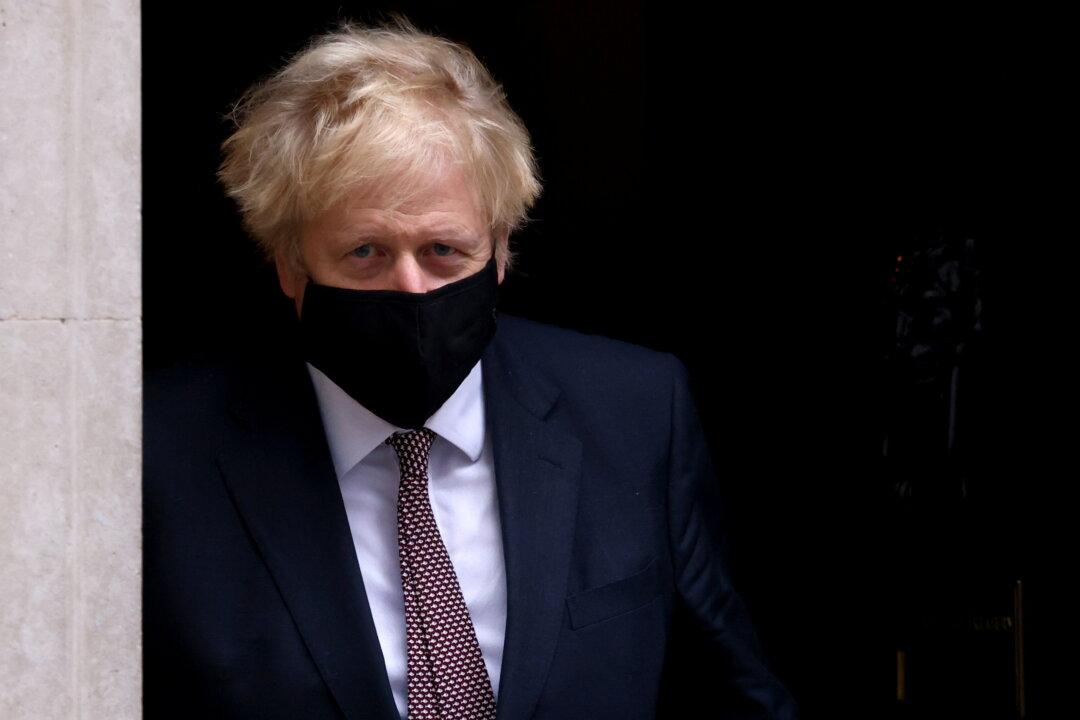British Prime Minister Boris Johnson has told his lawmakers that the new tiered system of CCP virus restrictions will have a “sunset” expiration date of Feb. 3, 2021, in an apparent attempt to win support from Tory MPs ahead of the Commons vote on the new measures on Tuesday.
When the ongoing month-long national lockdown ends on Dec. 2, a new system will come into force in England, placing most regions under higher tiers of restrictions than before the current lockdown.





